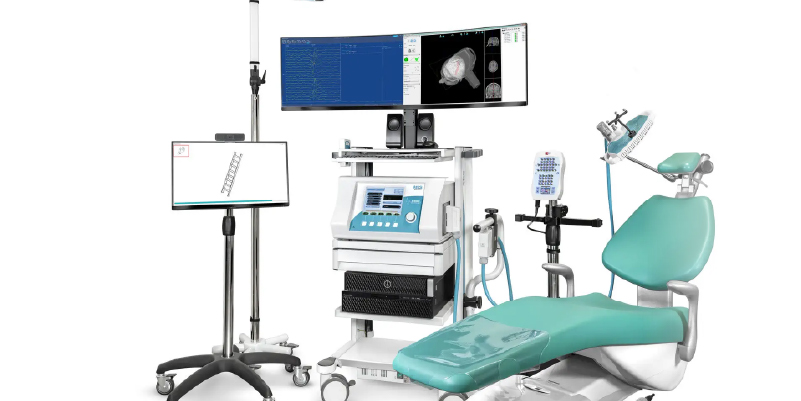Best Critical services for various heart & lung conditions with ECMO at Yashoda hospitals

What is ECMO?
ECMO stands for extracorporeal (that refers to outside the body) membrane oxygenation. For patients with life-threatening heart and lung issues, ECMO is the best method that temporarily takes over the functions of these two essential organs in the body when other life support measures have failed. The common types of ECMO include as follows:
Veno-venous ECMO: People with lung failures are treated with venous-venous ECMO (VV-ECMO), which involves connecting one or more veins, usually close to the heart.
Veno-arterial ECMO: A VA-ECMO that connects to a vein and an artery is used to treat patients with heart and lung failures.
At Yashoda hospitals, our services are available 24×7 with the combined expertise of research, clinical expertise, and patient care streamlined to deliver the best critical care services for a variety of heart & lung conditions. The multidisciplinary team of paramedics, nurses, emergency physicians, trauma experts, surgeons, and doctors from various specialties provides the best care & helps patients restore their lung & heart health through ECMO procedures.
Who needs ECMO:
- People with severe lung failure, in conditions such as pneumonia and chronic obstructive pulmonary disease.
- People with cardiac arrest, cardiogenic shock, & myocardial infarction.
- In babies with congenital heart defects, to provide short-term support until they get stable enough for other interventions.
- People looking for temporary stabilization if the heart fails to function properly even after a heart transplant.
How is ECMO done?
The ECMO procedure involves inserting a cannula tube into an artery or vein via the neck, chest, or groin to draw blood from the body. These cannulas are then connected to the ECMO machine, which removes carbon dioxide and sends oxygenated blood back to the body.
ECMO ensures high survival rates with its key feature of being a life-saving cardiac & respiratory support in critical conditions. Additionally, it allows continuous monitoring of blood flow and oxygenation levels for real-time adjustments, & so ECMO is believed to deliver the best possible outcomes, minimizing organ damage due to critical conditions.
Benefits of ECMO:
- Protection of two main organs, i.e., the heart & lungs, by taking their functions temporarily.
- An effective technique employed in individuals who are about to undergo transplant acts as a bridge until they find a suitable donor.
- Prevents cardiac complications & improves the chances of survival.
- Minimizes the risk of organ (brain, kidney, liver) damage due to lack of oxygenation caused by lung or heart failures.
- Enhanced quality of life.
- Acts as a beneficial technique in newborns with cardiac or lung issues during their birth.
Support Your Heart and Lungs with ECMO – Book Your Appointment Today!





 Appointment
Appointment WhatsApp
WhatsApp Call
Call More
More